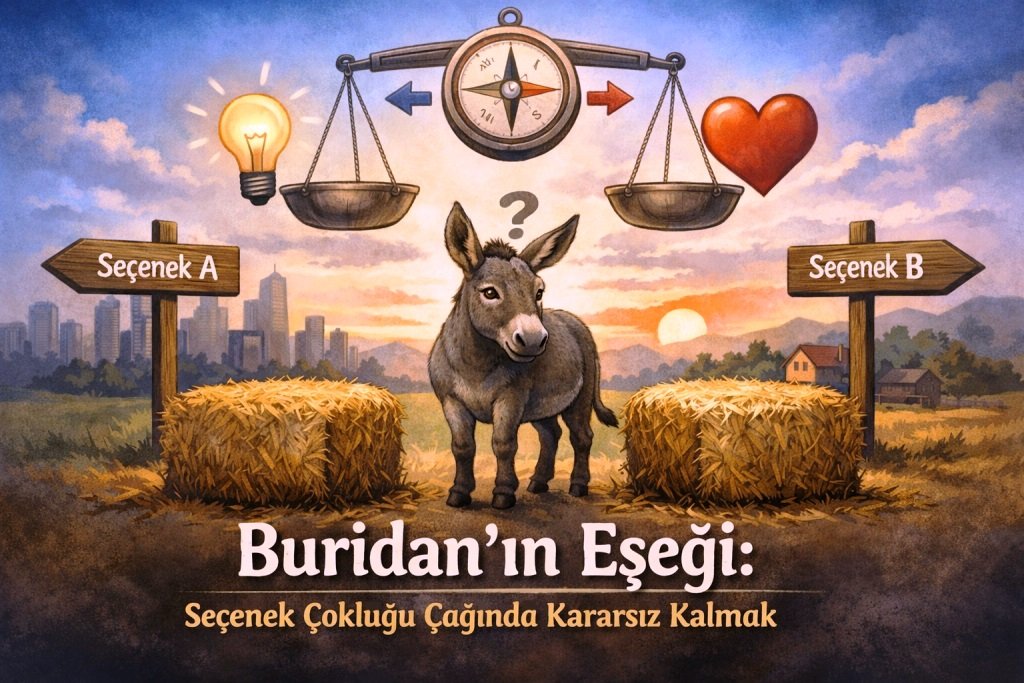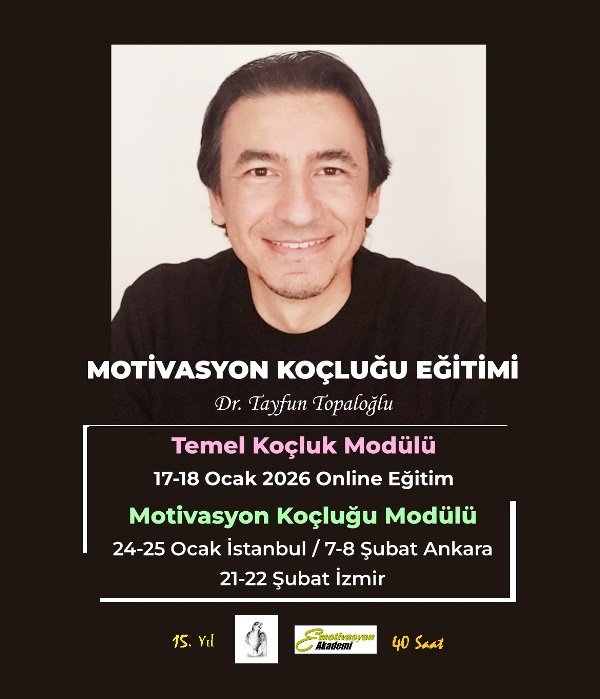Creative geniuses use a wide range of graphic tools to shape and convey their thoughts. Some make use of diagrams and maps, while others resort to three-dimensional, physical models… Martha Graham, a creative genius in the field of modern dance, rejected traditional ballet methods and created her own dance dictionary with simple drawings and sketches. His notebooks are full of drawings and sketches, in which he reflects his ideas and thoughts, allowing him to conceptualize them without words. Each dance was more visually encouraging than the previous ones.
We know much more than we can describe with words. For example, we know the face of our best friend and can easily select it among millions of faces; however, we often cannot say how we distinguish one face from another. Not every knowledge we have can simply be put into words. In fact, experiments have proven that when people are asked to describe their best friend's face in writing before distinguishing them, the written description significantly contrasts with the ability to identify. In this example, the written description limits face recognition. However, when asked to draw or sketch their best friend's face, people could easily conceptualize what they looked like.
Visual brainstorming is an effort to use drawings and sketches to capture and conceptualize ideas. The main idea is to create a sketch of how to solve the problem. Express the solution to your problem by drawing. Then review your solution by editing your drawing or creating a new sketch or drawing. Keep editing or create as many new sketches as you can. Finally, create a final solution using one of the sketches or parts of the sketches.
Michael Michalko
Source: Michael Michalko (2008) “Secrets of Creative Genius” (Trans. Zübeyde Abat), Koridor Publishing, Istanbul. p.110-112







